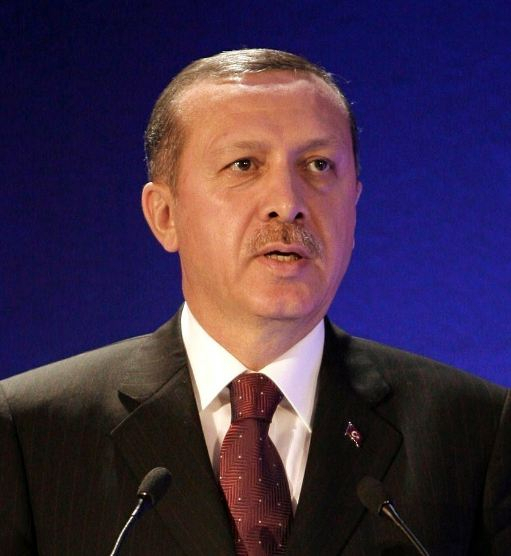The Turkish lira slumped further to a record new low on Tuesday. At one point it was down as much as 7 percent to a new record near 15 to the dollar on fears of President Recep Tayyip Erdogan's risky new economic policy that would compel the country's central bank to intervene for the fourth time this month to further cut in interest rates.
However, the currency recovered slightly after the central bank intervened in the market to prop it up. The Turkish lira is now less than half its worth at the beginning of the year, raising serious questions on Erdogan's aggressive and risky new economic policy.
New Low

The fresh new low for the Turkish lira came after S&P Global Ratings lowered the outlook on the country's sovereign credit rating to negative on Friday, citing risks from the "extreme currency volatility." The currency had earlier declined 6 percent before paring losses after the monetary authority sold foreign exchange in the currency market.
Erdogan's economic policy has pushed the central bank to keep slashing interest rates, despite rising inflation. The central bank had previously left the lira under 14.0 level after going for rate cuts thrice in the past two weeks by selling dollars that has unsettled the foreign exchange market. And now another rate cut is expected on Thursday, which will make it the fourth time in less than a month.
The lira slid as far as 14.99 against the U.S. currency, losing 7.3% of its value since Friday's close of 13.889. By 0730 GMT, it had trimmed losses in volatile trading and stood at 14.2895. The yield on Turkey's 10-year government bonds jumped as much as 31 basis points to a three-year high before retreating to trade 28 basis points higher at 21.69 percent.
The central bank is now expected to cut interest rate from 15 percent to 14 percent on Thursday.
In Deep Crisis

The frequent rate cuts despite rising inflation has made the homebuilding market one of its biggest casualties, with homes being sold at record low prices. Meanwhile, Turkey's Treasury & Finance Minister Nureddin Nebati on Sunday told local newspaper Haberturk that the government remains determined not to raise rates.
Erdogan his allies argue that lower interest rates will boost Turkish exports, investment and jobs. He has been promoting a new economic plan prioritizing economic growth, credit, production and exports, despite widespread criticism of the policy from economists and opposition politicians.
Many economists say the rate cuts are reckless and have slammed Erodgan for being unrealistic. Normally, central banks raise rates to combat rising prices, but Erdogan has called such tools "the mother and father of all evil". The bank under pressure from Erdogan, has slashed its policy rate by 400 basis points since September and that has only worsened things.
The central bank has time and again tried to bolster the value of the Turkish lira by using its dollar reserves to buy the currency in past months but analysts believe does not have enough weapons in its arsenal to stop the slide.









